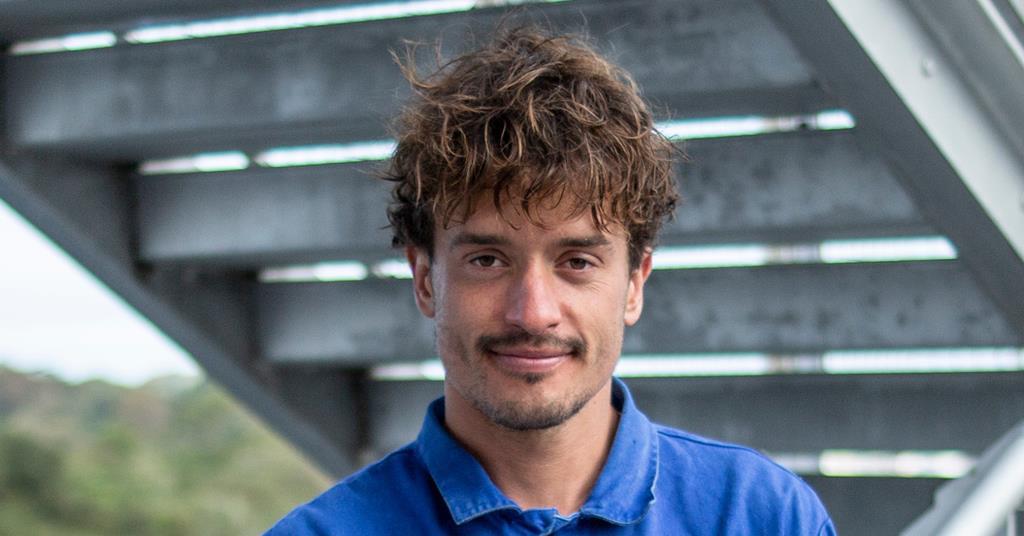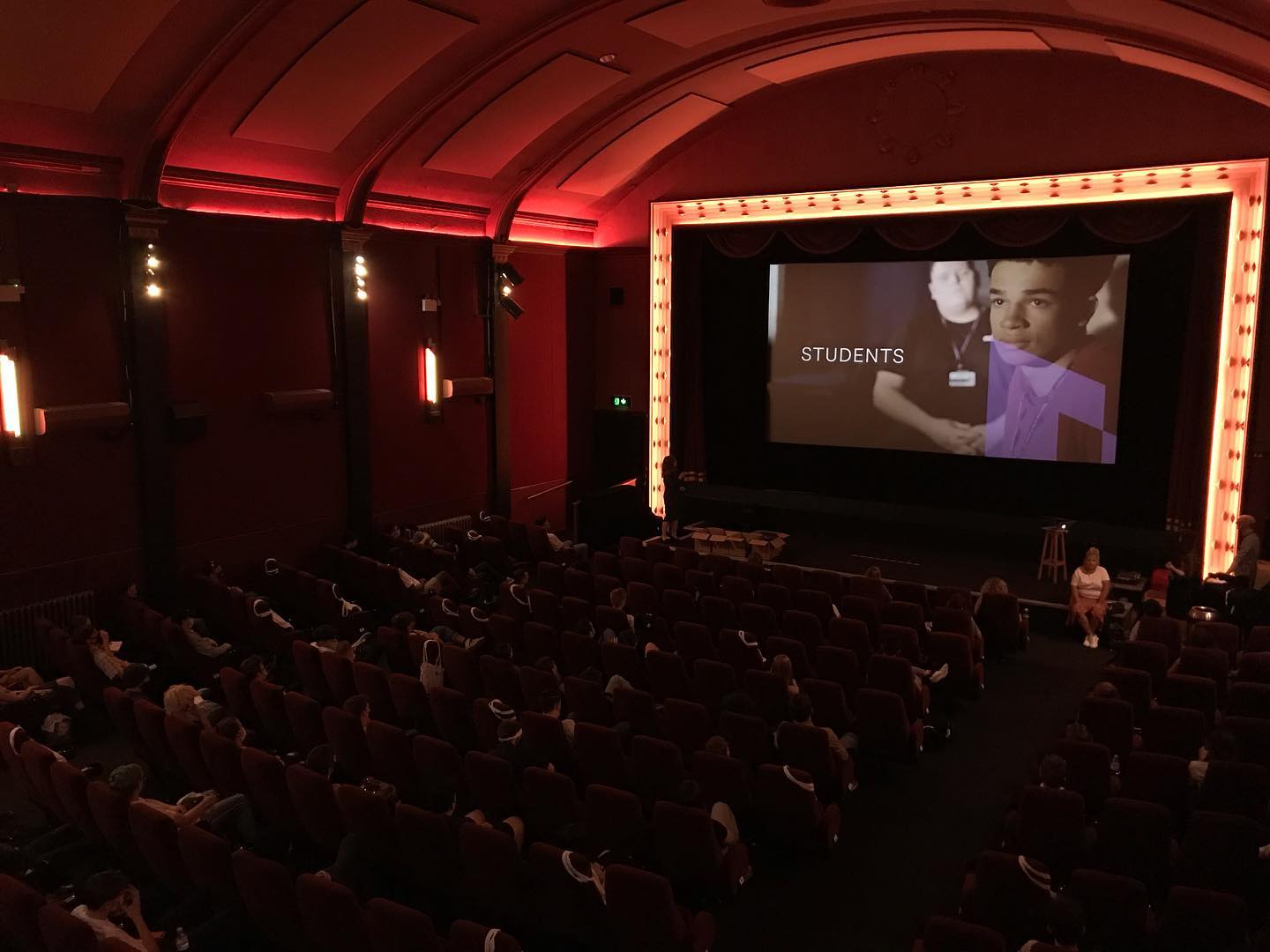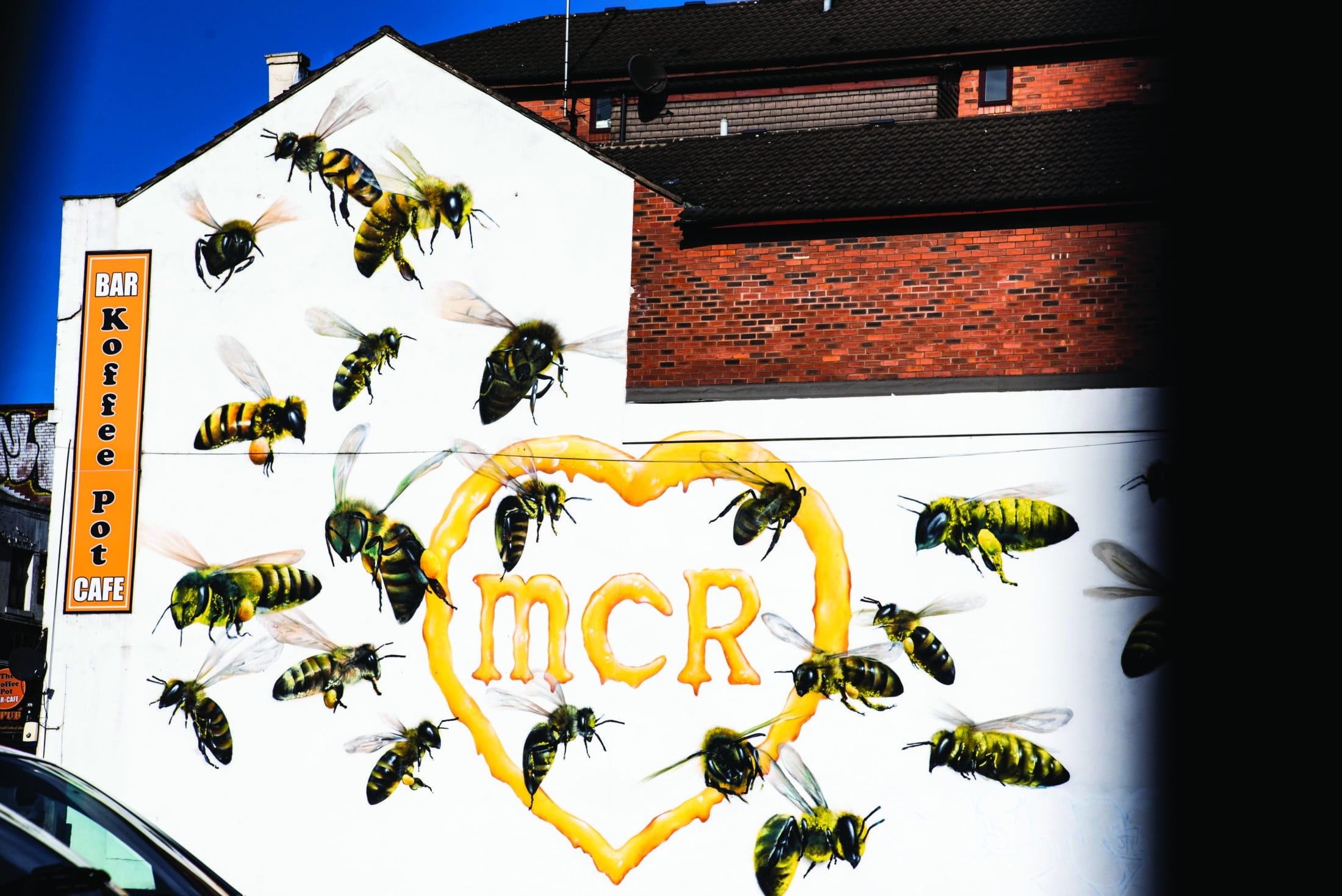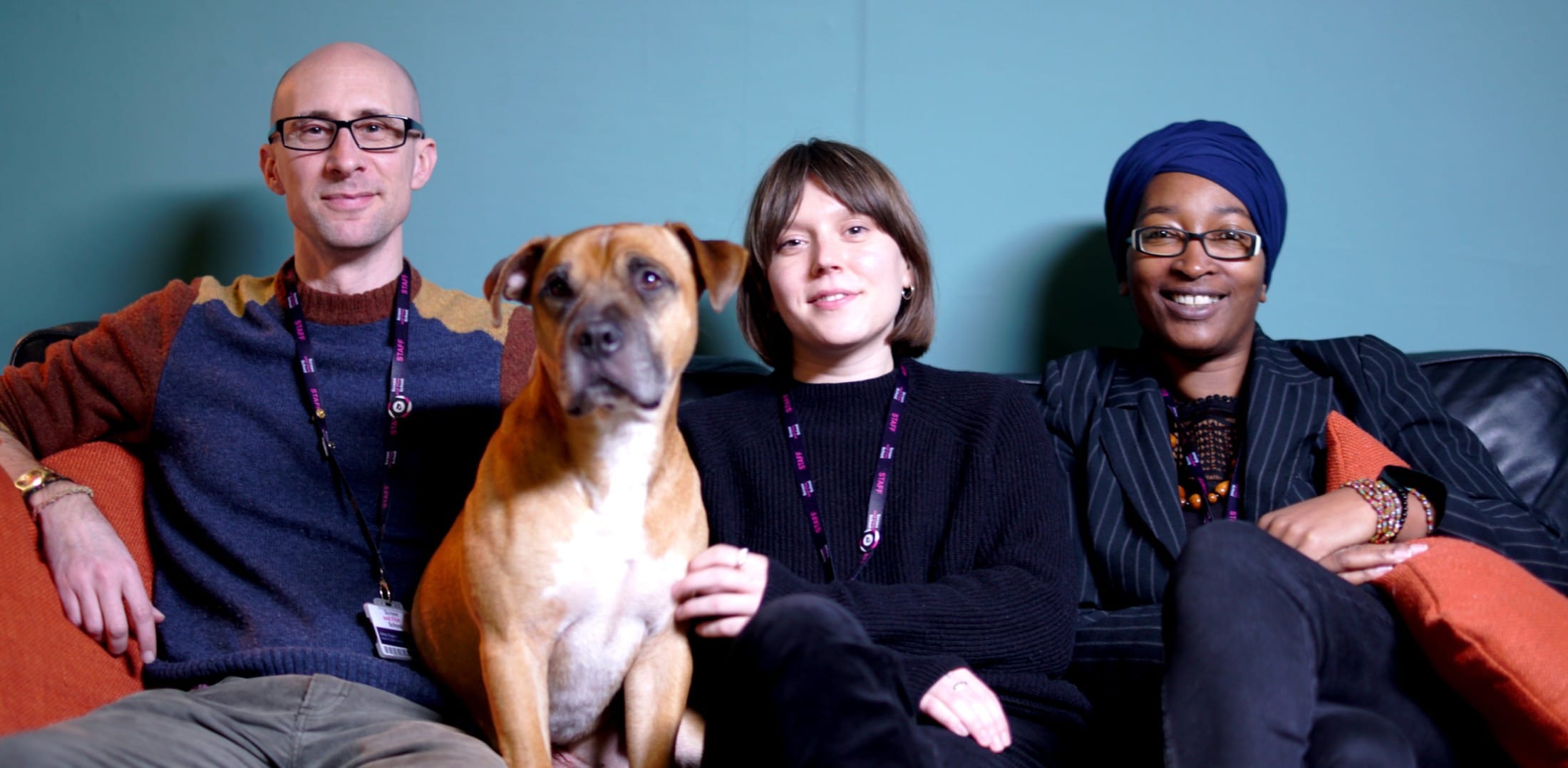Screen and Film School Brighton were thrilled to launch Shoot for the Stars this year- an exclusive opportunity for graduates to talk directly to the Stars of Tomorrow and make connections for the future.
Screen International’s Stars of Tomorrow is an annual showcase of the most prominent new writers, directors, producers and heads of department emerging across the UK and Ireland. Screen and Film School Brighton graduates were given the opportunity to spend 30-minutes chatting with their chosen star, including Ruben Woodin Dechamps, Ella Glendining, Colum Eastwood, Akinola Davies Jr, Adam Patterson and Declan Lawn, and gain valuable insight into their careers and journeys through film.
Each week we’ll be sharing some words of wisdom from these sessions, this week from cinematographer Ruben Woodin Dechamps who was interviewed by our Brighton graduate, Philippe Thuery.
Top tips from Cinematographer Ruben Woodin Dechamps – interviewed by Philippe Thuery
1) For future DOPs, straight out of film school, the number one thing is finding collaborators that you want to work with, that you share a similar idea, or style, or approach. You can build up together.
It’s the golden age of cinematography in terms of how accessible everything is, so it all depends on what kind of cinematographer you want to be. If you want to be technical then it probably is a better idea to work your way up through the lighting or camera team. If your heart lies in story or in the experience of the shoot, then collaborators, interesting stories, and keeping yourself inspired is what is most important. Manifested day to day this means finding people you want to work with.
Never take your crew for granted, make sure they’re happy and well fed on things other than sweets. Don’t be too precious about what you’re making, just make. Don’t worry about using posh equipment, people will be able to see if you have an eye for visual storytelling.
Starting out the best thing you can do is buy literature. A magazine subscription, or a book like Masters of Light, or the Darius Khondji book. Owning kit is a nebulous question that only gets bigger by the year. You can be a techy DP and own a lot of kit, you can make a lot of money like that but you have to keep it serviced and it affects your work, you’re going to be choosing jobs that are based on money instead of idea. When you start out, live within your means and don’t chase the cash.
2) You’re going to work with different kinds of directors, so it’s important to be a slight chameleon with aesthetic (Seamus McGarvey gave the exact same answer when I asked him this question a few months ago). It’s important to pull out what the director wants for the project, and to find the chaos within it. You need to work fast, but never rush. Frantic directors can mess with your headspace, it’s important to have control over the vibe of the entire crew, to give an atmosphere where you think you can work best.
-
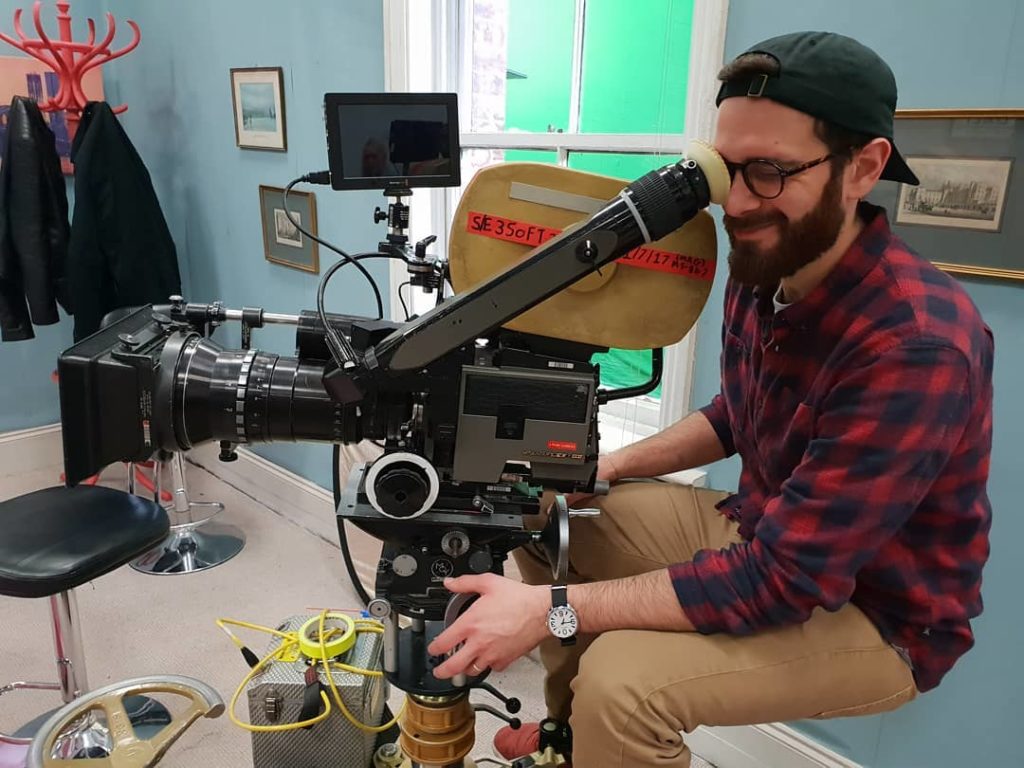
Screen and Film School Brighton Graduate, Philippe Thuery
3) It’s important to shoot documentaries, they help you to think nimbly on your feet and be more reactive. He started out in docs and is now finding his love for them again, approaching them with a more narrative mindframe. It works vice-versa between docs and narrative in how you find an approach in visual language.
4) His process for pre-production revolves mainly around Pinterest, texts, paintings, referencing, scouting and storyboarding, it’s about collating as much as possible. At this stage you start to understand if you’re on the same page as the director and other HODs. It’s good when directors have a sense of where they want to go, so you can push it even further. If you trust that they know what they want visually, then you can push it a lot more in other elements.
5) The difference between the works he’s most proud of and least proud of, there’s really only one film you make in a year that you’re truly happy with. No one has perfection, there’s nothing to head for otherwise.
It’s hard to distance yourself from on-set traumas. Your whole opinion of the shoot is skewed by human experience. At the beginning of your career you’ll want to shoot as much as possible in order to get the experience and the hours in so there’ll probably be way more moments where it doesn’t line up but then at least you can take something from that shoot like experience with a piece of equipment or a certain crew member you always wanted to work with. You have to take those moments as they come.
A huge thank you to Ruben and Phillipe for this brilliant session and valuable insights. Don’t forget to check back next week for more highlights from Shoot For The Stars!
